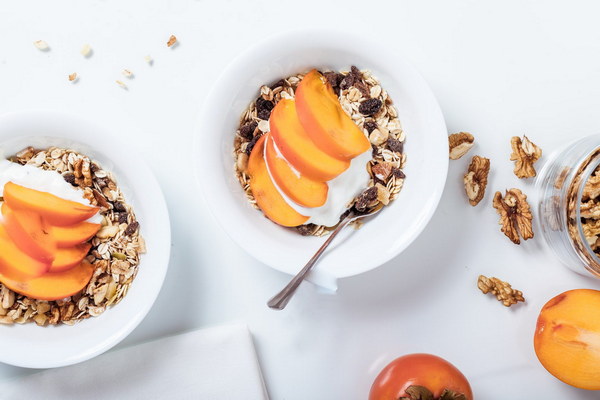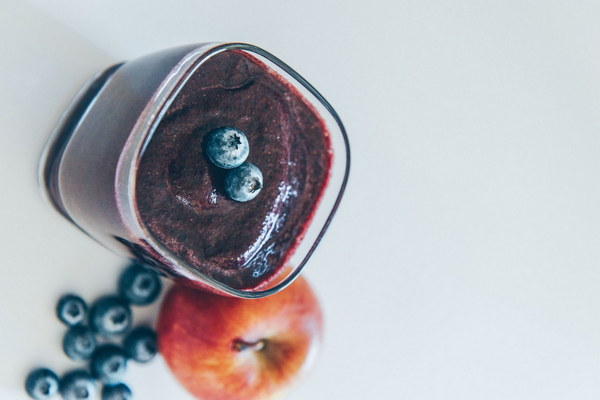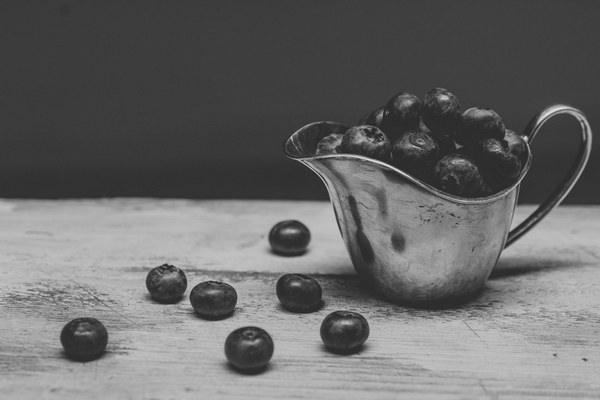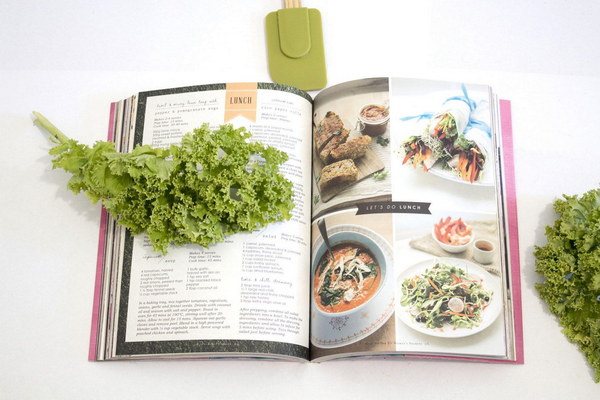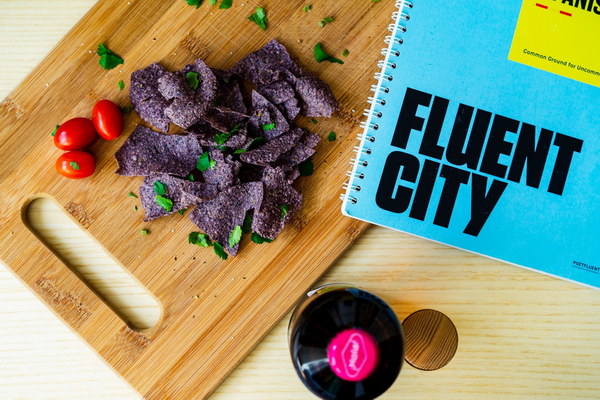Natural Remedies and Nutritional Tips for Stroke Recovery A Holistic Approach
Introduction:
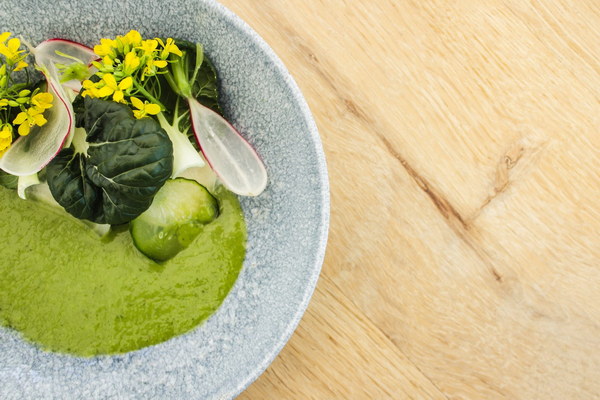
A stroke, also known as a brain hemorrhage, is a medical emergency that requires immediate medical attention. While conventional treatments are crucial, many people seek natural remedies and nutritional tips to aid in their recovery process. This article explores various food-based remedies that can support stroke recovery, providing a holistic approach to rehabilitation.
1. Green Tea:
Green tea is rich in antioxidants and polyphenols, which help reduce inflammation and protect brain cells. Studies have shown that consuming green tea can improve cognitive function and promote brain health. To incorporate green tea into your diet, drink it several times a day or use it as a base for smoothies and other beverages.
2. Omega-3 Fatty Acids:
Omega-3 fatty acids, found in fish such as salmon, mackerel, and sardines, are essential for brain health. These fatty acids have been shown to reduce the risk of stroke and improve cognitive function. Aim to consume fatty fish at least twice a week, or consider taking omega-3 supplements after consulting with a healthcare professional.
3. Berries:
Berries, such as strawberries, blueberries, and raspberries, are high in antioxidants and have anti-inflammatory properties. These nutrients can help protect brain cells from damage and support cognitive function. Add berries to your morning oatmeal, yogurt, or smoothies for a delicious and nutritious snack.
4. Avocado:
Avocado is an excellent source of healthy fats, vitamins, and minerals. These nutrients support brain health and reduce inflammation. Include avocado in your meals by adding it to salads, sandwiches, or as a dip for raw vegetables.
5. Dark Chocolate:
Dark chocolate is rich in flavonoids, which have been shown to improve blood flow to the brain and reduce the risk of stroke. Consume dark chocolate in moderation (about one ounce per day) to enjoy its health benefits.
6. Turmeric:
Turmeric, a spice commonly used in Indian cuisine, contains curcumin, a compound with powerful anti-inflammatory properties. Curcumin can help reduce brain inflammation and support cognitive function. Incorporate turmeric into your diet by adding it to soups, stews, or smoothies.
7. Spinach and Other Leafy Greens:
Leafy greens, such as spinach, kale, and collard greens, are rich in vitamins, minerals, and antioxidants. These nutrients can help reduce the risk of stroke and improve brain health. Add leafy greens to salads, sandwiches, or smoothies for a nutritious boost.
8. Nuts and Seeds:
Nuts and seeds, such as almonds, walnuts, chia seeds, and flaxseeds, are packed with healthy fats, antioxidants, and vitamins. These nutrients support brain health and reduce inflammation. Snack on nuts and seeds or sprinkle them on your salads, oatmeal, or yogurt.
9. Hydration:
Staying hydrated is essential for overall health, including brain health. Drink plenty of water throughout the day to support cognitive function and prevent dehydration.
Conclusion:
While conventional treatments are essential for stroke recovery, incorporating these natural remedies and nutritional tips can support the healing process and promote overall brain health. Consult with a healthcare professional before making significant changes to your diet or starting any new supplement regimen. By adopting a holistic approach to recovery, you can enhance your chances of a full and successful recovery from a stroke.

